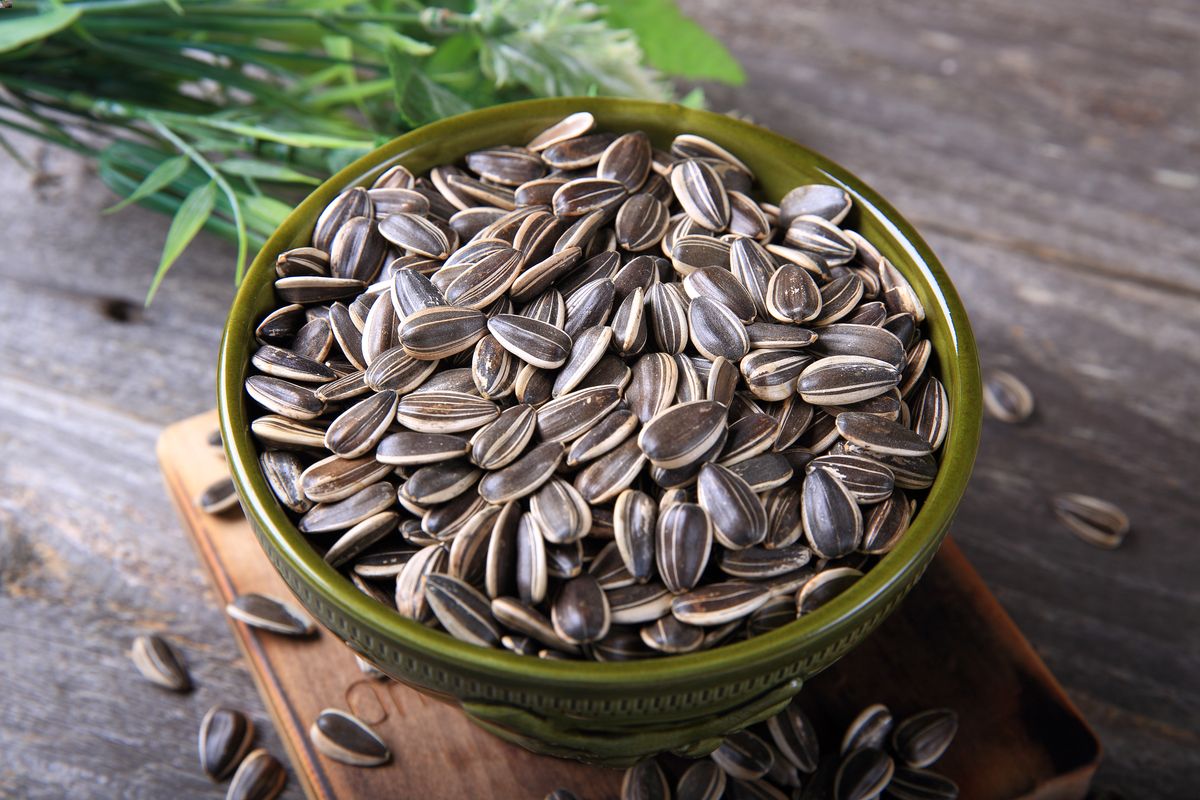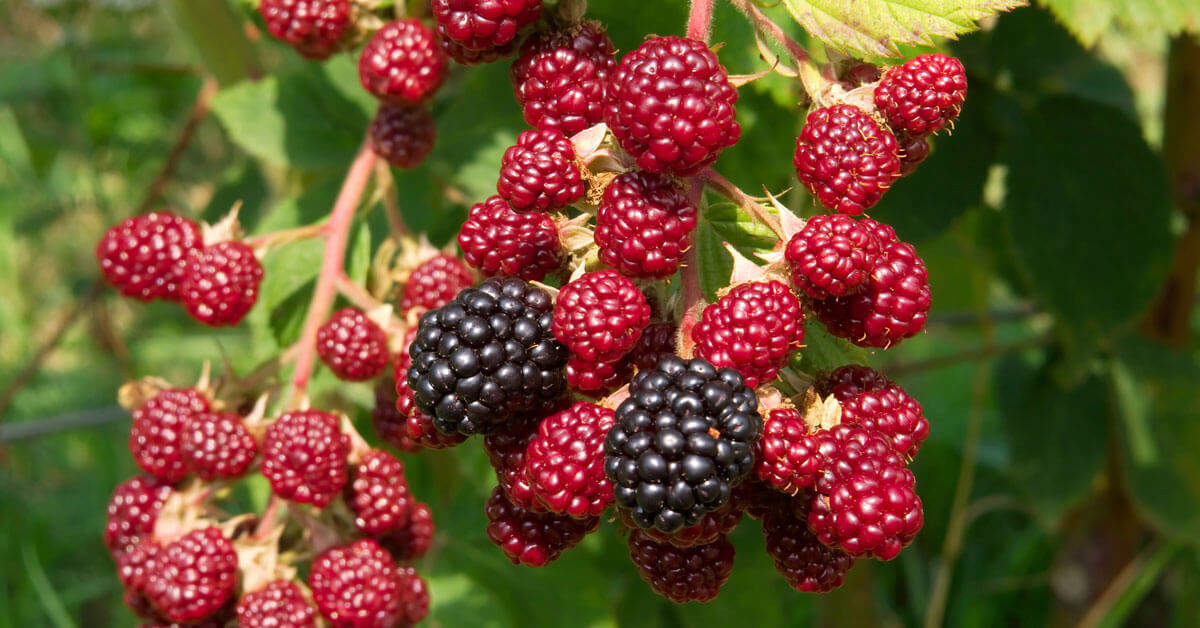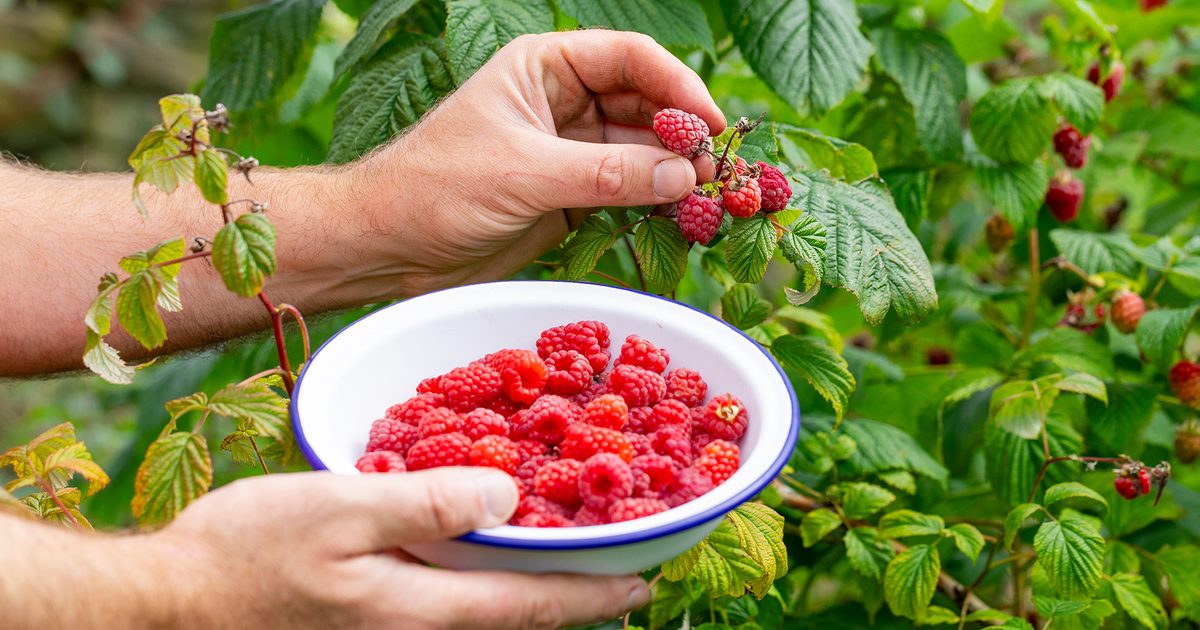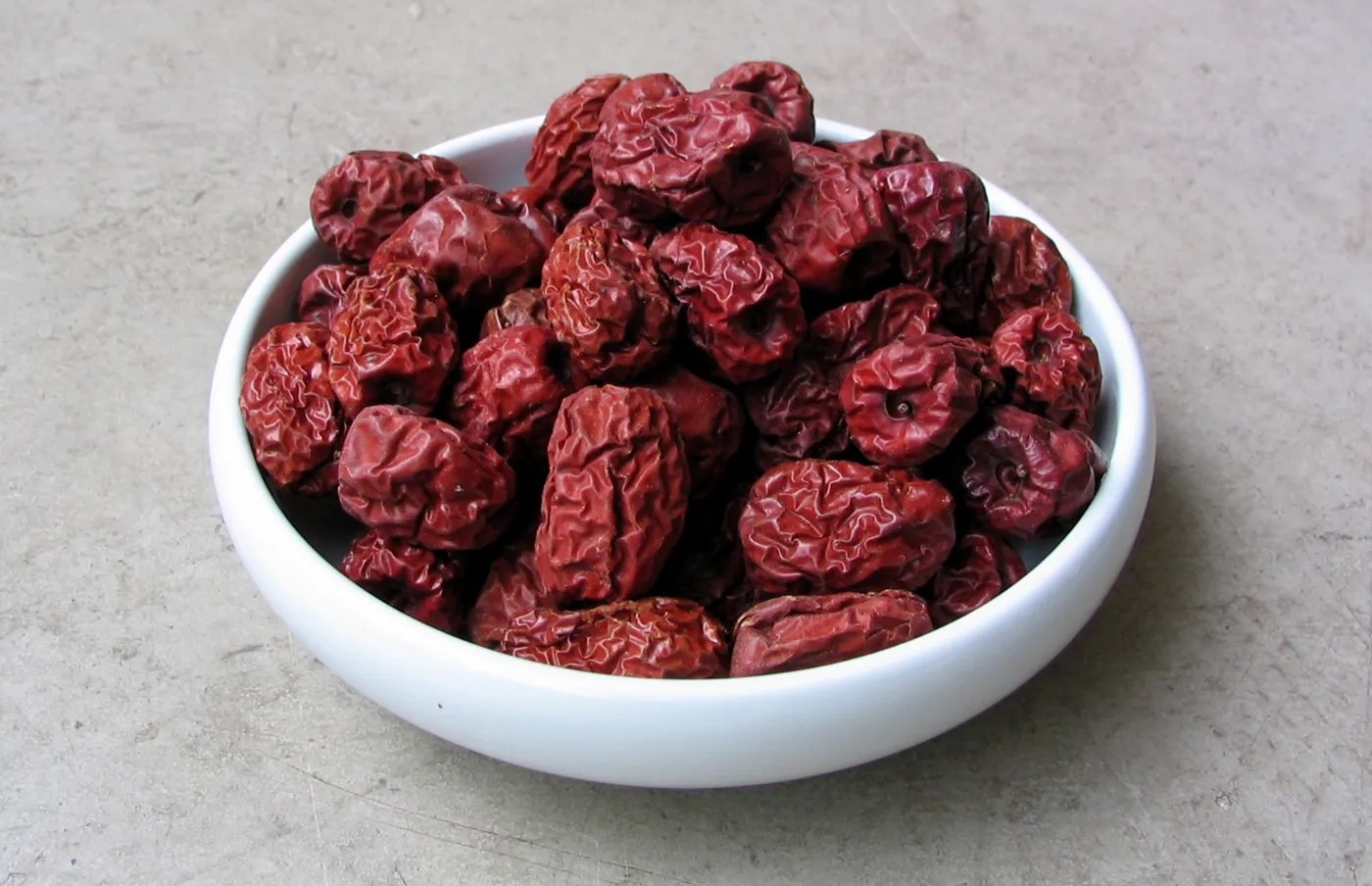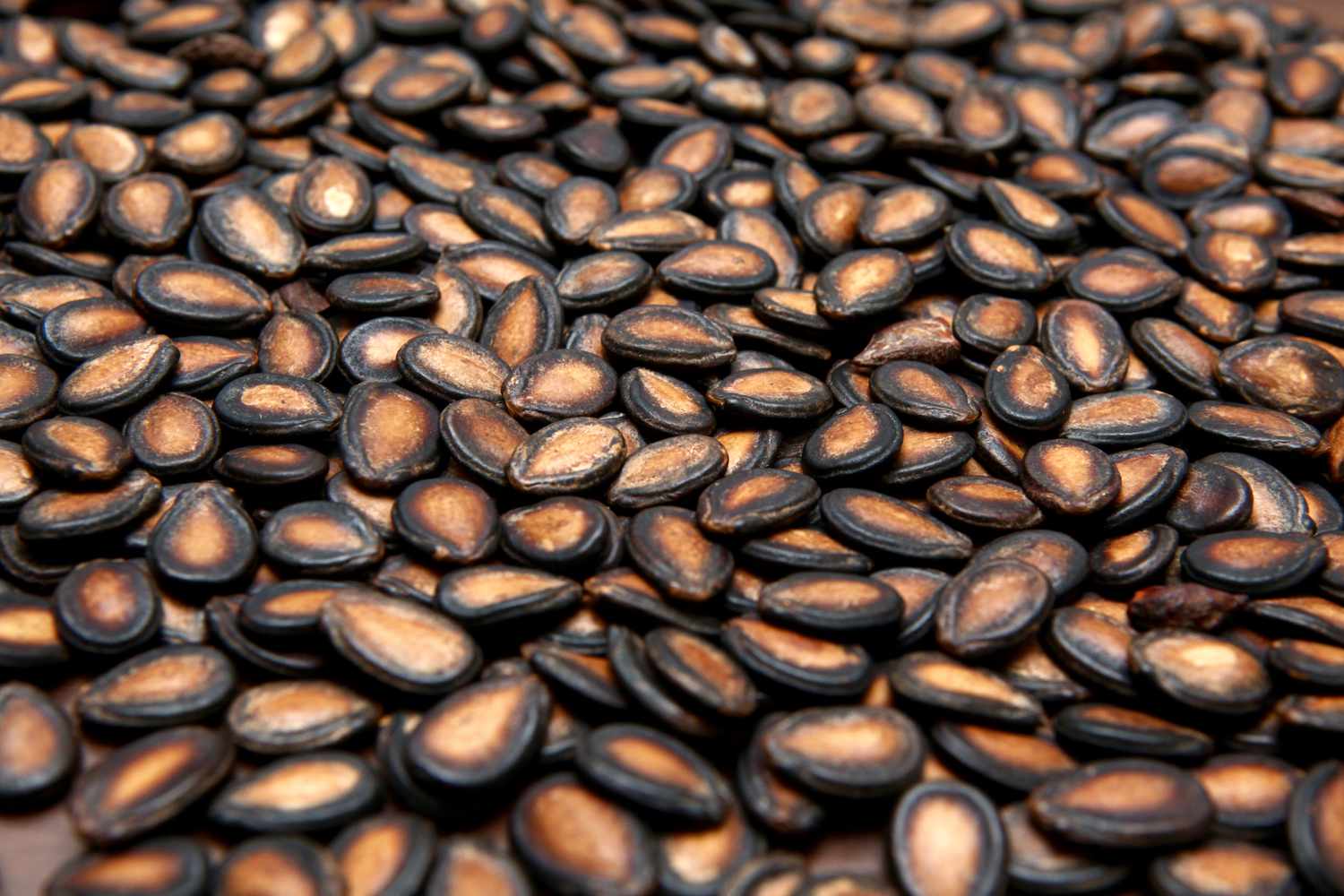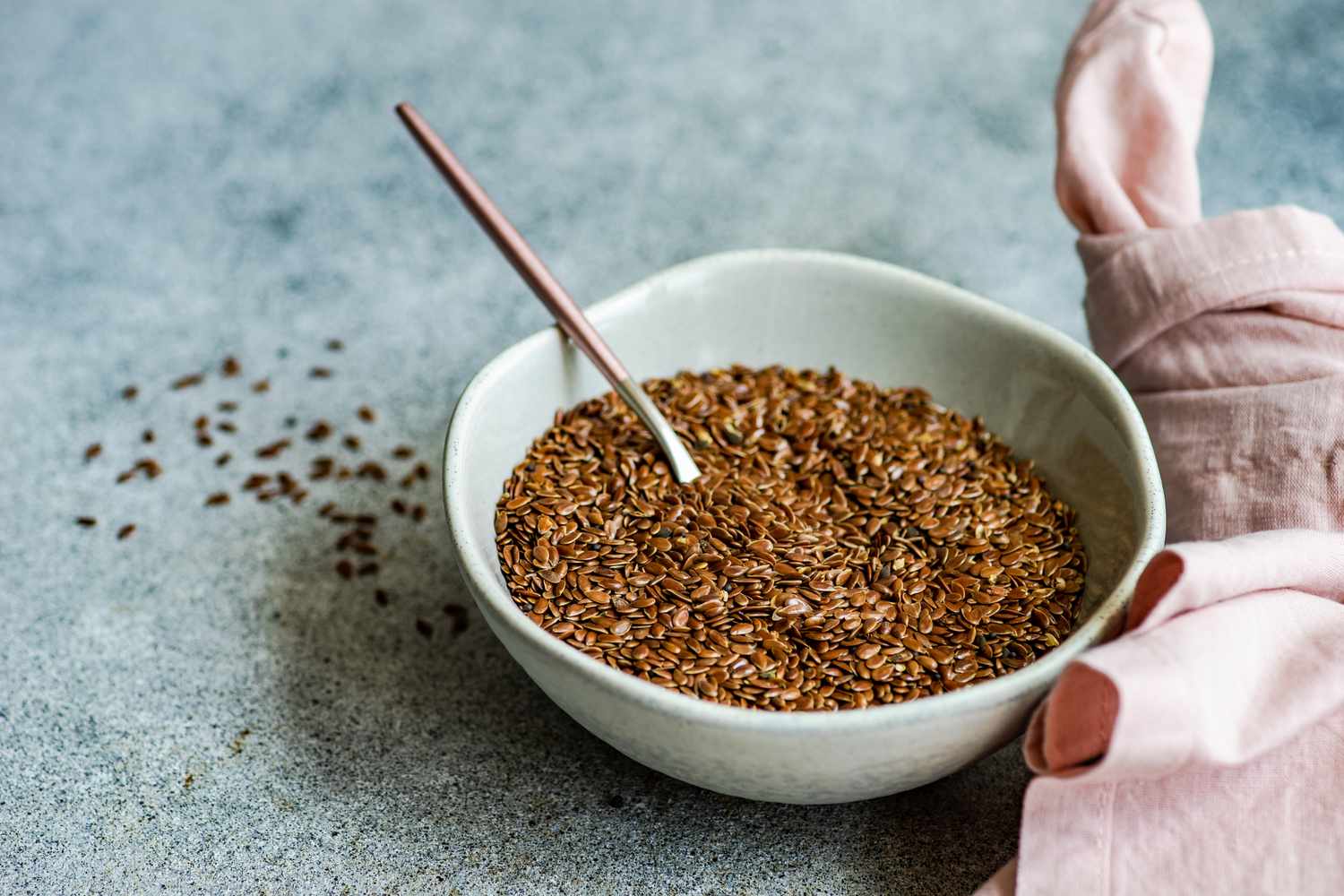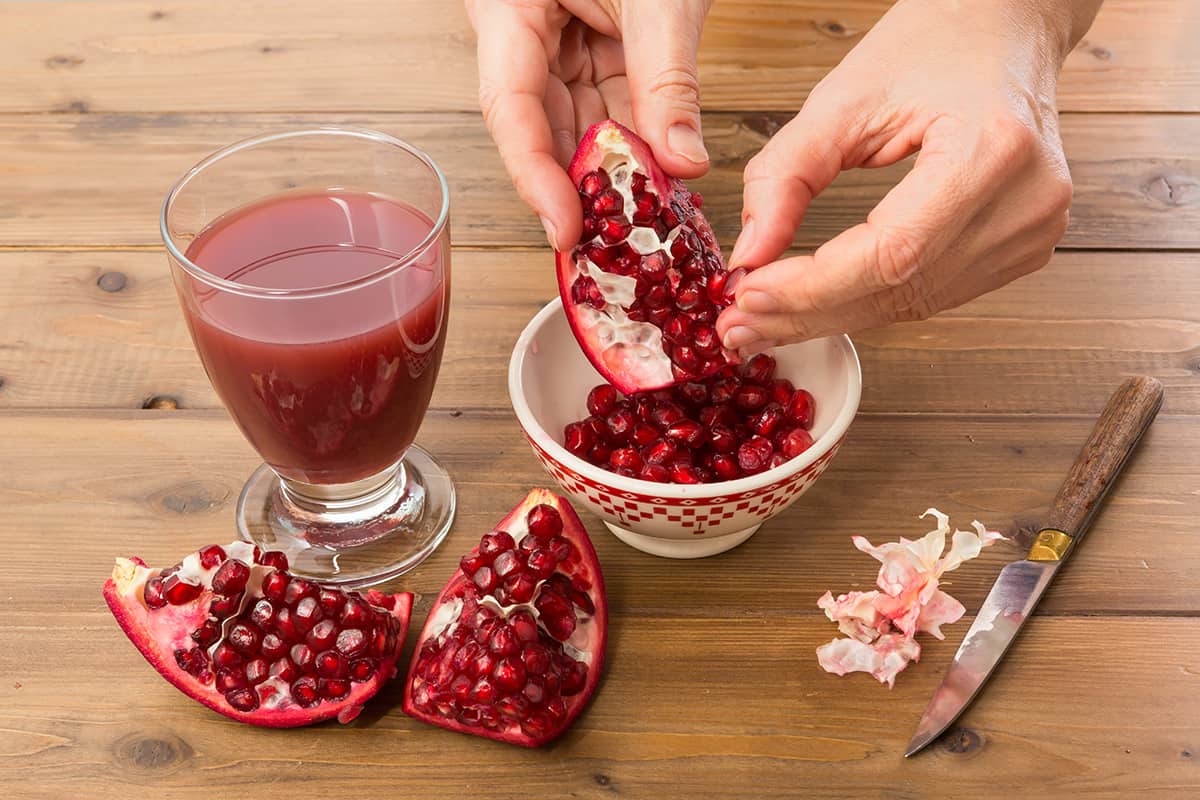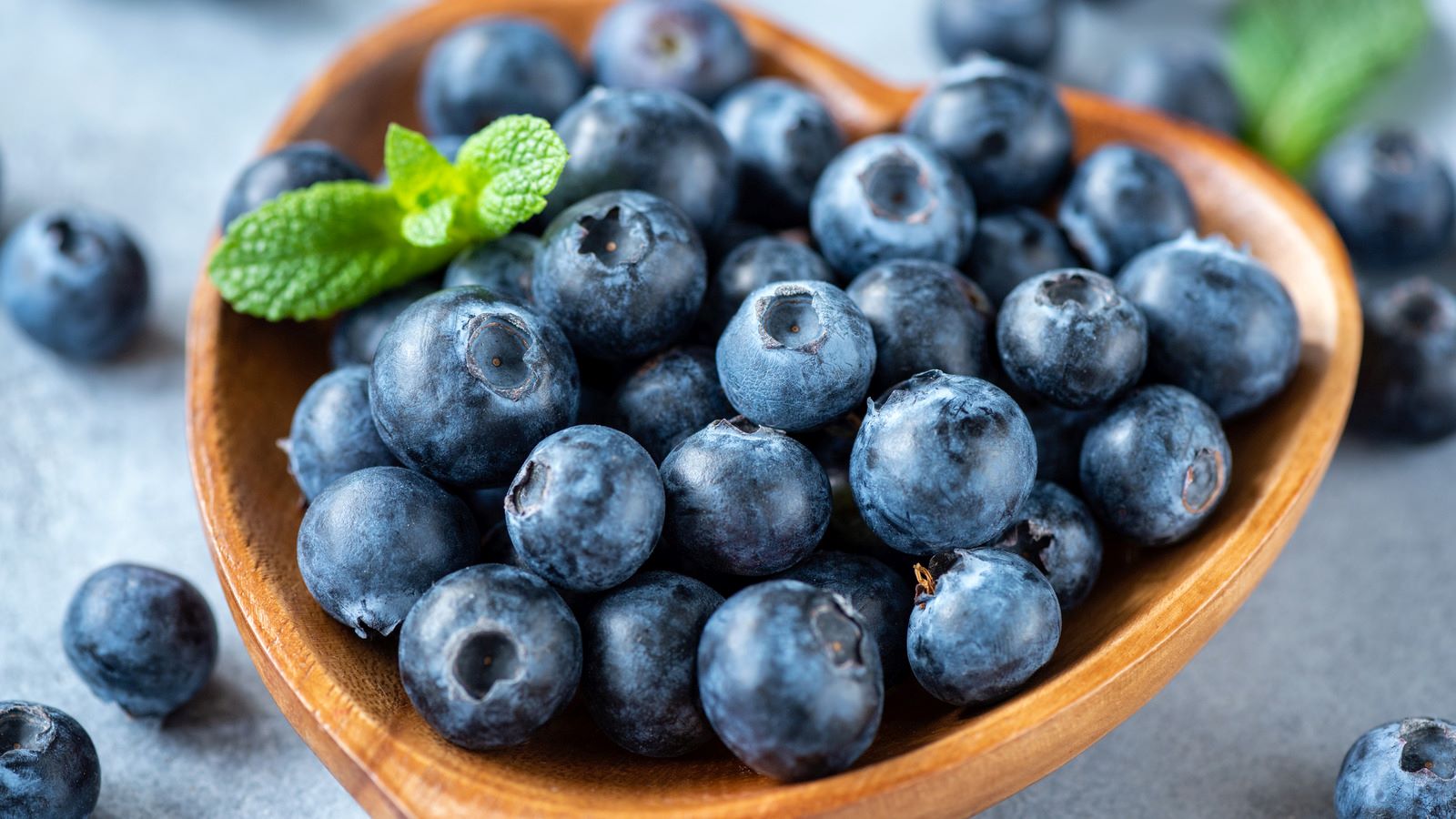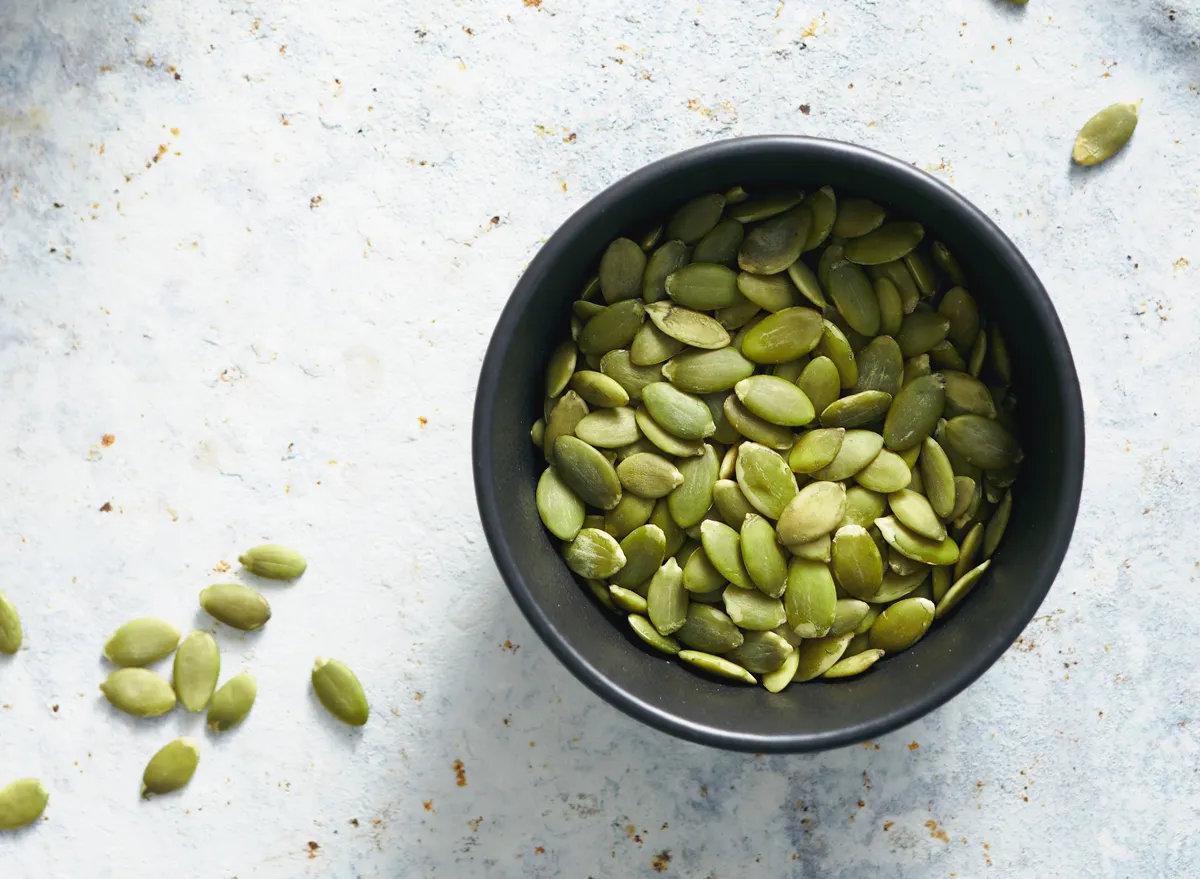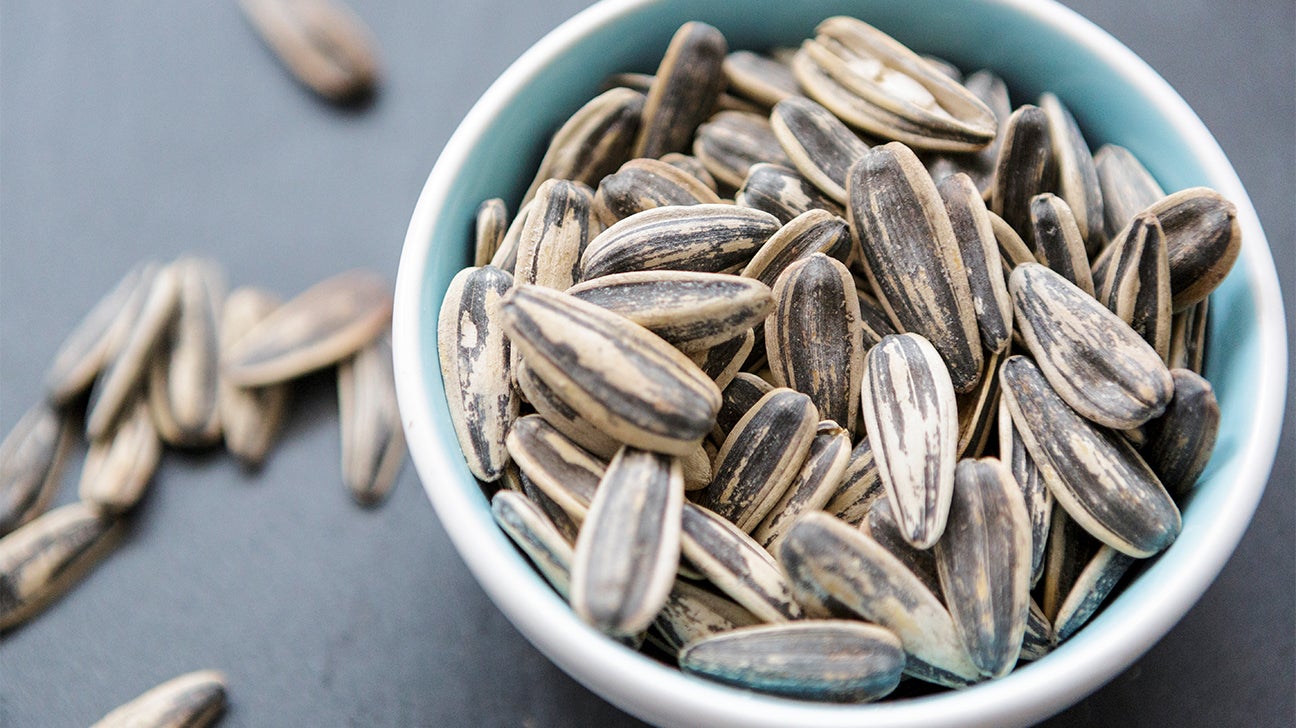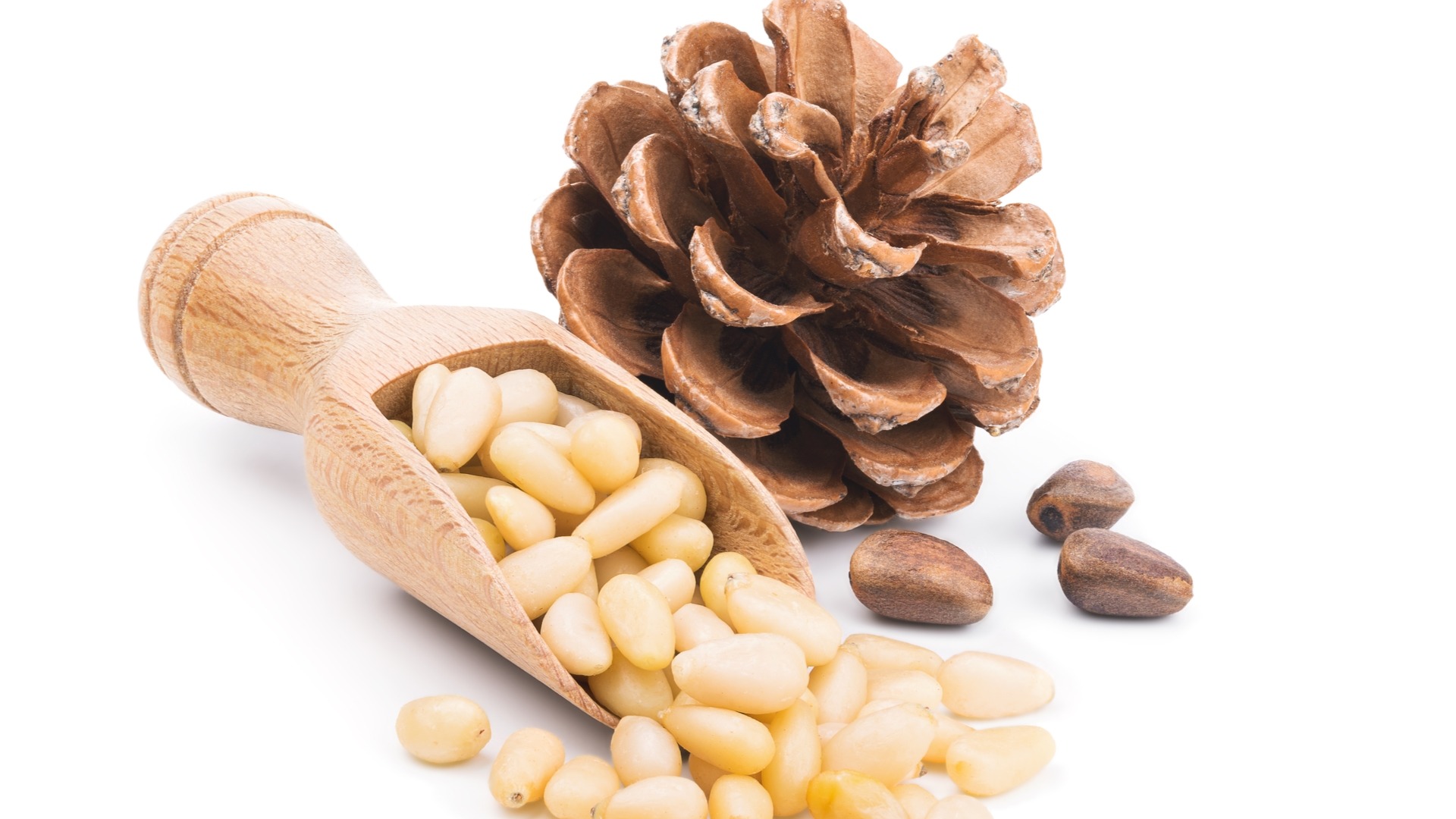Why You Should Incorporate More Seeds into Your Diet
Seeds are tiny powerhouses of nutrition that are often overlooked in our diets. They are packed with essential nutrients such as healthy fats, protein, fiber, vitamins, and minerals. Incorporating a variety of seeds into your diet can provide numerous health benefits and contribute to overall well-being.
Easy Ways to Add Seeds to Your Meals
Adding seeds to your meals doesn’t have to be complicated. Here are some simple and delicious ways to incorporate more seeds into your diet:
- Top Your Yogurt or Oatmeal: Sprinkle chia seeds, flaxseeds, or hemp seeds on top of your morning yogurt or oatmeal for an added crunch and nutritional boost.
- Blend Them into Smoothies: Add a spoonful of your favorite seeds, such as pumpkin seeds or sunflower seeds, into your smoothie for an extra dose of nutrients.
- Use Them in Baking: Incorporate seeds into your baking recipes by adding them to muffins, bread, or homemade granola for a nutty flavor and added nutrition.
- Make a Seed Butter: Just like nut butter, you can make your own seed butter using sesame seeds, sunflower seeds, or pumpkin seeds. Spread it on toast or use it as a dip for fruits and veggies.
- Sprinkle Them on Salads: Sprinkle a mix of seeds such as sesame seeds, poppy seeds, and flaxseeds on top of your salads for added texture and a nutritional boost.
The Health Benefits of Eating Seeds
Adding seeds to your diet can provide a wide range of health benefits, including:
- Heart Health: Many seeds, such as flaxseeds and chia seeds, are rich in omega-3 fatty acids, which can help lower cholesterol levels and reduce the risk of heart disease.
- Weight Management: The fiber and protein content in seeds can help keep you feeling full and satisfied, which may aid in weight management and control cravings.
- Improved Digestion: Seeds are a great source of dietary fiber, which can promote healthy digestion and prevent constipation.
- Antioxidant Protection: Some seeds, like sunflower seeds and pumpkin seeds, are rich in antioxidants that help protect the body from oxidative stress and inflammation.
- Blood Sugar Control: Certain seeds, such as chia seeds and flaxseeds, may help regulate blood sugar levels and improve insulin sensitivity.
Choosing the Right Seeds
When it comes to choosing seeds, it’s important to opt for raw, unsalted, and unflavored varieties to maximize their nutritional benefits. Look for organic options whenever possible to avoid exposure to pesticides and other harmful chemicals.
Some of the most popular and nutrient-dense seeds to include in your diet are:
- Chia Seeds: Rich in omega-3 fatty acids, fiber, and protein.
- Flaxseeds: High in fiber, lignans, and healthy fats.
- Hemp Seeds: A complete source of protein and packed with essential fatty acids.
- Sesame Seeds: Good source of calcium, iron, and magnesium.
- Sunflower Seeds: Rich in vitamin E, magnesium, and selenium.
- Pumpkin Seeds: High in zinc, magnesium, and antioxidants.
Final Thoughts
Seeds are a versatile and nutritious addition to any diet. By incorporating a variety of seeds into your meals, you can enhance the flavor, texture, and nutritional value of your food while reaping the numerous health benefits they offer. So, go ahead and start experimenting with different seeds to discover new flavors and enjoy a healthier, more balanced diet.
